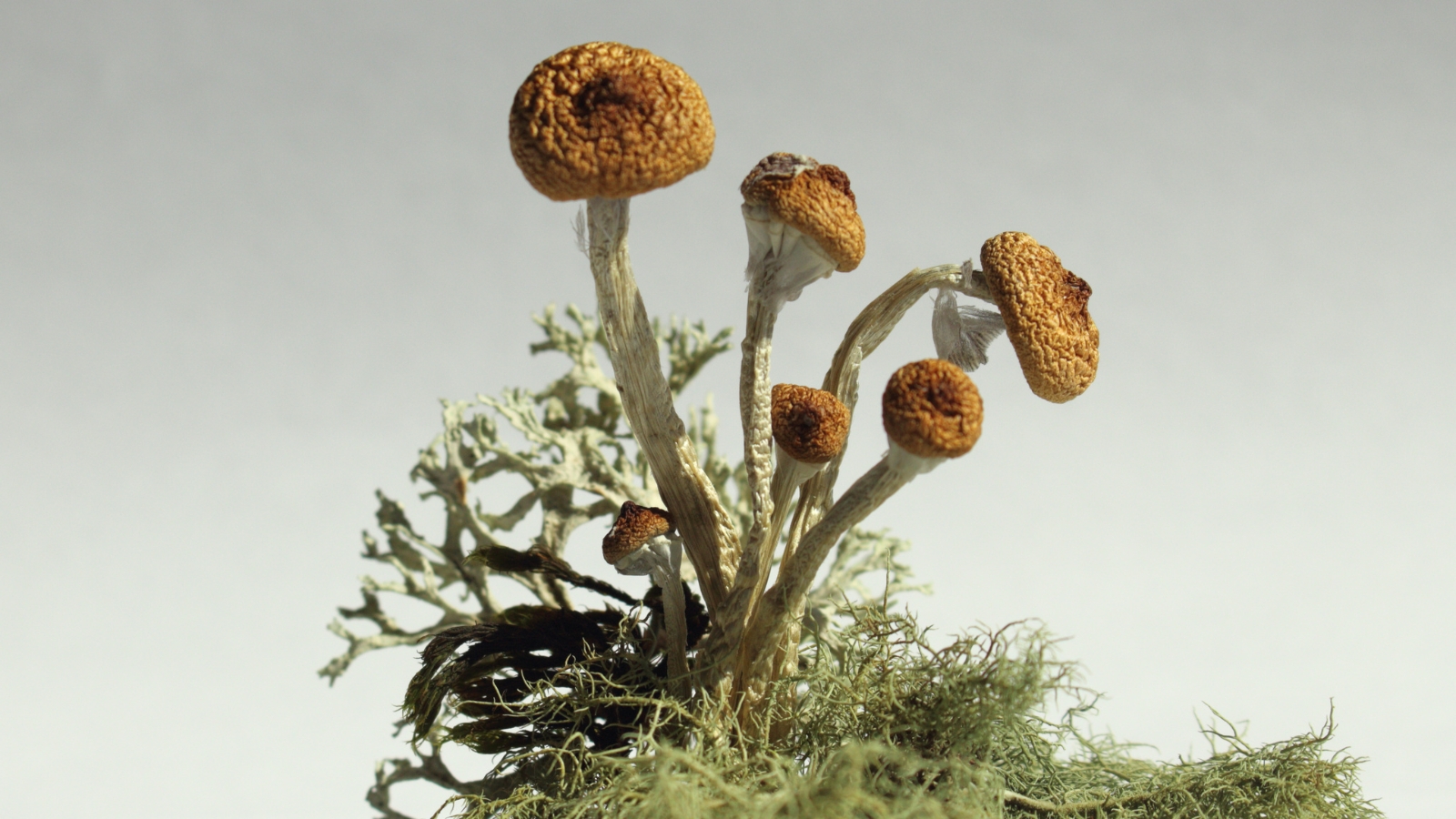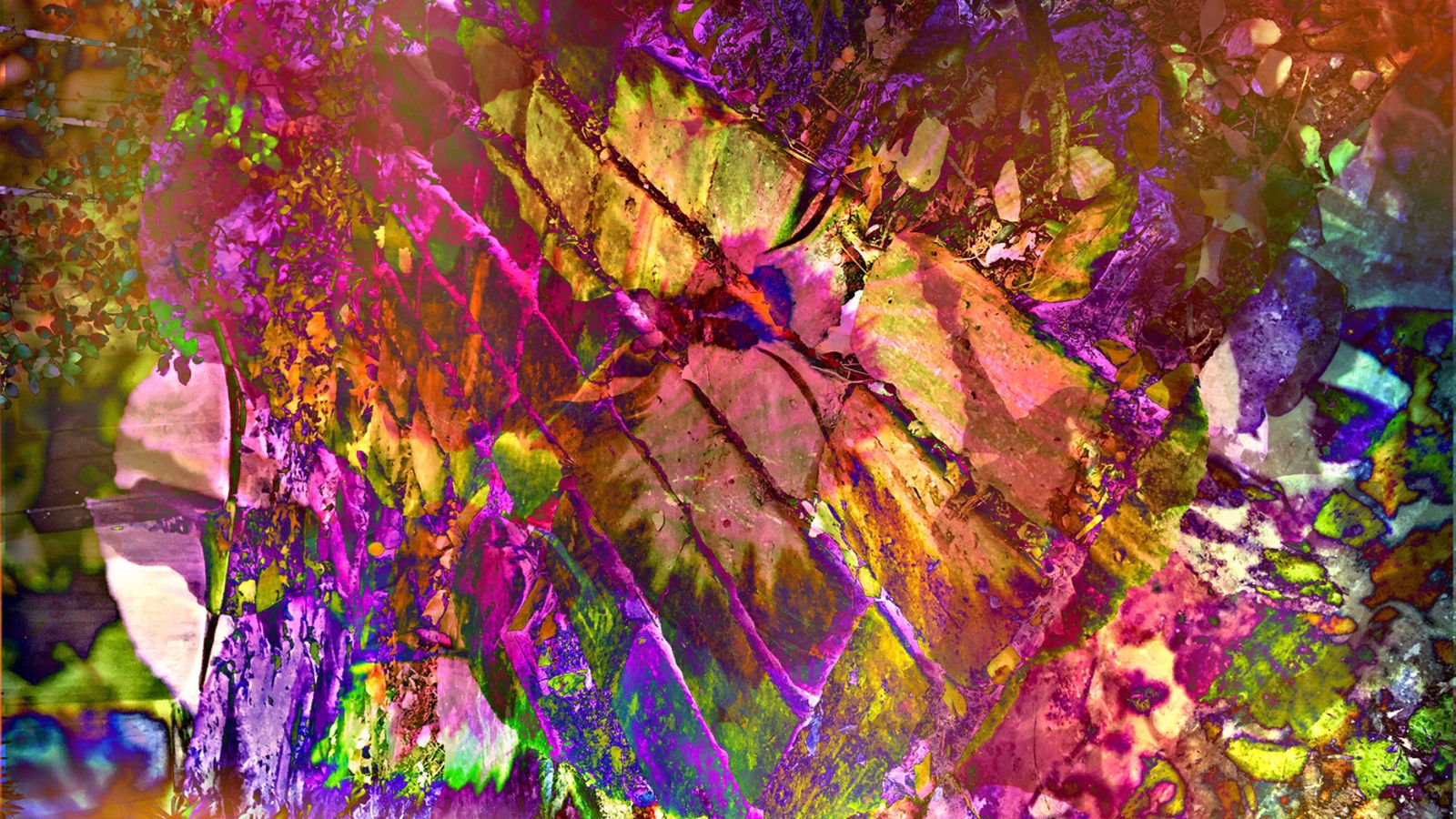Recently, the FDA delivered a staggering blow to patients and practitioners eagerly awaiting meaningful change to American mental healthcare: the rejection of MDMA-assisted psychotherapy for post-traumatic stress disorder.
All is not completely lost for the future of regulated psychedelic medicine—Lykos has been offered to submit more data around the efficacy and safety of MDMA, and many other biotech firms are chasing regulatory approvals of their own for other compounds and conditions—but a legitimate problem remains.
Following years of mainstream media hype, and a populace growing increasingly distrustful of the medical establishment and frustrated with the current standard of care, more people than ever before are interested in taking psychedelics. However, regulatory progress has not kept pace with this heightened demand.
With so many now seeking psychedelic interventions in a predominantly unregulated market, how do we keep people safe?

The Role of the Psychedelic Community
When we started Psychedelics Today in 2016, our mission was simple (in retrospect, perhaps too simple) —to share the work of one of our heroes, transpersonal psychology pioneer Stanislav Grof. In the near-decade we’ve been producing our twice-weekly podcast, leading workshops, and guiding (virtual) classrooms full of psychedelic learners, the mission of our humble organization has evolved: today, we exist to help people realize a better life and a better world through holotropic states and psychedelics. The future we’re working toward is one in which human experience—not just data—matters.
To date, we’ve produced over 500 episodes of our podcast. We’ve formally instructed over 14,000 psychonauts and professionals located on every continent (except Antarctica). We serve a community of hundreds of thousands, our content has been consumed millions of times, and we have a team spread all across the planet.
While some find us out of sheer curiosity, others come to us seeking information and resources that could save their lives, and the lives of the clients they serve. Many come to us when all else has failed them.

The Rising Demand For Psychedelic Support
Make no mistake: the FDA’s rejection of MDMA for PTSD will not decrease the demand for better mental health treatments. And it will not stop people from seeking MDMA and other psychedelics, finding them, and taking them.
People living with debilitating mental illness don’t need additional evidence attesting to the safety and efficacy of psychedelics; they’ve read the research, heard the stories, and, moreover, they know what hasn’t worked for them. Some who have been patiently waiting for approval to receive psychedelic treatment will refuse to wait any longer.
Some of them will take their own lives. Many will turn to the underground for help.
Following the Aug. 9 announcement, we asked our Instagram followers what will happen in the wake of the FDA’s rejection. The majority – 72 percent – said the demand for underground psychedelic facilitation will increase.
And the vendors will be there for them when people go looking. In 2024, buying psychedelics online and finding a guide or shaman is as easy as ordering DoorDash. But because the vast majority of psychedelic commerce and services remain illegal in the U.S., there are essentially zero mandated checks and balances in place to ensure the safety of products.

The Safety of Psychedelic Compounds
Fortunately, we have science that speaks to the safety of psychedelics to rely on (assuming a substance is, in fact, what a person assumes it to be – more on that later).
A seminal 2010 study led by Prof. David Nutt, Drug Harms in the UK: A Multicriteria Decision Analysis, ranked the relative harms of 20 commonly used drugs.
Unsurprisingly, alcohol, heroin, and crack cocaine took the top three spots, scoring high in health damage; costs to community, economic and environment; and crime and injury.
Can you guess where psychedelics fell on the list? Ecstasy (MDMA), LSD, and mushrooms (psilocybin) ranked in the bottom three spots, each scoring less than 10 points on a scale of 100.
By scientific analysis, psychedelics have the highest safety profiles of any illicit substances, and are ranked far safer than legal mind-altering substances, alcohol and tobacco (respectively responsible for three-million and eight-million deaths annually).
While science underscores the relative safety of psychedelics, the gap between legality and accessibility has given rise to a dynamic underground scene. Though driven by necessity, this unregulated environment comes with its own set of challenges.
What Is the Psychedelic Underground?
While the word ‘underground’ may conjure images of shadowy figures lurking in alleyways, the term represents a broad spectrum of individuals, groups, and practitioners who produce, distribute, or work with psychedelic compounds, or offer services like facilitation, therapy, and integration support outside of established legal or medical frameworks.
While, yes, the dealer selling powders and pills on WhatsApp is part of the underground, so is the psychotherapist who risks their license to help grieving parents recover from the death of their child.
Psychedelic churches that use plant medicine sacraments, and retreat centers that conduct traditional plant medicine ceremonies are part of the underground. Community testing drug testing centers and psilocybin research labs are too. So are support groups for microdosing moms, microdosing retirees, and psychedelic death doulas.
A big part of our work is to ensure the people and groups we platform on our show are credible and operating with good intentions. Fortunately, we have built relationships over the years with thousands who are working ethically and driven to contribute to the healing of the world.
And while we never recommend people take psychedelics for any reason, offer medical advice, or provide recommendations on vendors or facilitators, we try to empower people to conduct their own research. The professionalism, experience, and training of practitioners delivering facilitation and integration services can vary wildly, and can lead to bad outcomes for clients who don’t do their homework.

The Risks of Underground Psychedelic Work
While psychedelics are relatively safe when compared to commonly used drugs, they are not without risk.
Despite the many who are working with psychedelics from a place of responsibility and reverence, the psychedelic underground has bad actors too, who put profits and egos over training, good business practices, and ethics.
Some of the risks to individuals seeking unregulated psychedelic substances and therapy include:
- No legal recourse for transgressions: Because unregulated psychedelic work is illegal, clients who have been wronged, largely, cannot seek legal support after they have been scammed or harmed.
- Potential drug interactions or shoddy screening practices: Inexperienced, uneducated, or irresponsible facilitators may do little or no screening of a client’s health history or medications, which can potentially lead to dangerous contraindications, or exacerbate current health conditions.
- Inability to manage powerful experiences: The diversity of experience between individuals taking the same substance can be very broad. While one client may have a calm and comfortable trip, another may experience spiritual emergence, challenging thoughts and feelings, and even psychosis. Inexperienced facilitators may not have the knowledge or resources to handle these situations as they arise, and may cause harm to their clients, or leave them in a dysregulated state after the experience, leaving them to fend for themselves.
- Uncertainty of substance composition: When sourcing psychedelics—or any other drug—in an unregulated market, there’s no guarantee of the substance’s potency or purity. It may be another drug entirely than what it’s marketed to be.
- Potential for abuse: When people under the effects of a powerful substance put their trust in a facilitator, there is potential for inappropriate touching. The vulnerable person may not be able to consent to touch, and worse, may not be able to defend themselves, or clearly remember the violation after the fact.
How Can People Using Psychedelics Stay Safe?
Before the establishment catches up with culture, psychedelic education is key to keeping people safe. Luckily, we’re in a time of unparalleled access to psychedelic information and support.
Many educators – from historians, to pharmacologists, to psychotherapists – are working hard to ensure that individuals who want to open the doors of perception are armed with knowledge that will help them navigate psychedelics.
Here are our top tips for individuals:
- Don’t ignore Set and Setting: Overlooking the importance of your mental state and environment can lead to a bad trip. Consider your internal state of being, and if it’s the best time to introduce psychedelics into your life. Carefully consider your mindset and choose a setting that feels safe and supportive.
- Have a plan and do your research: Plan your experience, prepare your mind and body, have a safety net ready, and study the substance’s effects and potential risks. With a good understanding of what to expect (while being aware that the unexpected may still arise), you can enter the experience with confidence.
- Test your substances: If you can afford to ingest, you can afford to test. At-home testing kits are widely available for a wide variety of substances, with the most common testing for accuracy and adulterants. Services like GetYourDrugsTested.com offer free mail-in drug analysis, groups like Dancesafe, Bunk Police, and Test Kit Plus offer kits for home use.
- Don’t misjudge your dose: Dosing is highly variable from substance to substance, and highly individualized. Start with a low dose and increase gradually if necessary, tailoring it to your desired experience.
- Vet your facilitator or shaman: If you plan to work with a retreat center, a guide, or a shaman, do some diligence. Speaking to others who have worked with them in the past can provide valuable insight into their processes and approach to safety.
- Don’t dose alone: Psychedelics can be unpredictable. While they can be blissful and enlightening, they can also be frightening and overwhelming. Have a sober, trustworthy, and understanding sitter or guide present for assistance and safety.
- Try to find a regulated path: To ensure that your facilitator is operating under standards with oversight, accountability, and best practices, choose a licensed facility or service (if one is available in your area). Oregon—and soon, Colorado—are states with licensed establishments for adults to consume psychedelic plants without a prescription.

How Can Psychedelic Professionals Serve Clients Safely?
If you’re thinking of working with psychedelics—or even if you’re already doing so—knowledge, experience, and support are crucial to supporting clients effectively.
Our Psychedelic Education Center or Vital program are great places to start, but there are dozens of organizations committed to greater public and professional education on psychedelics, so choose the one that’s the best fit for you.
And while we all operate a little differently, we recommend choosing an educator who prioritizes cultural cohesion, promotes a wide variety of worldviews, is welcoming to all who wish to learn, and provides information on a range of substances and therapeutic approaches.
Here are our top tips to help professionals work with psychedelic competency, community, and accountability:
- Do your own inner work: To support clients with an informed perspective, it’s crucial to have first-hand experience with therapeutic methods and altered states. Start first by being the client, and working with an experienced facilitator so you understand the client experience.
- Work within your scope of practice: Not every facilitator is a fit for every client. If a client needs support for something – like complex trauma or addiction – that you’re not equipped to handle, recommend someone who can. It is crucial to be honest with yourself about who you can and cannot work with.
- Find an experienced mentor: Experienced mentors share insights gleaned from years of helping others, including best practices, ethical considerations, and the subtleties of client care that are not always covered in formal training programs.
- Understand the laws: Before starting your practice or business, have a firm understanding of the laws in your jurisdiction. Decide what level of risk you are willing to assume, and operate within your boundaries.
- Join a community: A supportive psychedelic community is a space where professionals can share their experiences, challenges, and insights. Often, it’s a place to find commonality, and find the others who are on similar professional paths.

The Path Forward
The FDA’s decision, while disappointing, reflects a larger disconnect between regulatory bodies and the evolving cultural psychedelic landscape. As more people turn to the underground for help, the responsibility to keep people safe falls increasingly on the community itself.
State-level initiatives, including Oregon’s Measure 109 and Colorado’s Natural Medicine Health Act, offer glimmers of hope that other levels of government and regulatory bodies may too see the logic in providing regulated access to psychedelics, and find ways to get there.
For now, we stand at a pivotal moment in psychedelic history. Whether through grassroots advocacy or federal regulation, our goal remains the same: to democratize psychedelics and make them safe, accessible, and effective for those who need them most. As the FDA lags behind, the world isn’t waiting on their approval—for now, the responsibility to ensure safety falls on all of us.
About the Authors:
Kyle Buller, Co-Founder and Vice President of Education at Psychedelics Today, brings over 15 years of expertise in non-ordinary states of consciousness and mental health. With a B.A. in Transpersonal Psychology and an M.S. in Clinical Mental Health Counseling, Kyle specializes in psychedelic integration, spiritual emergence, and ketamine-assisted psychotherapy. Kyle is a certified Dreamshadow Transpersonal Breathwork facilitator, and a respected voice in psychedelic therapy, somatic psychology, and holistic healing approaches.
Joe Moore co-founded Psychedelics Today in 2016 with Kyle Buller. As CEO, Joe has co-created one of the planet’s best-known psychedelic podcasts and training platforms. He combines over 20 years of avid psychedelic study and training with over 20 years of experience in software and multinational project management. Joe is a leading expert in transpersonal breathwork, a board member of the Psychedelic and Pain Association and the Psychedelic Medicine Coalition, and a sought-after international speaker on the intersecting subjects of psychedelic medicine and healing, breathwork, drug policy, medical innovation, international justice, and environmentalism.















